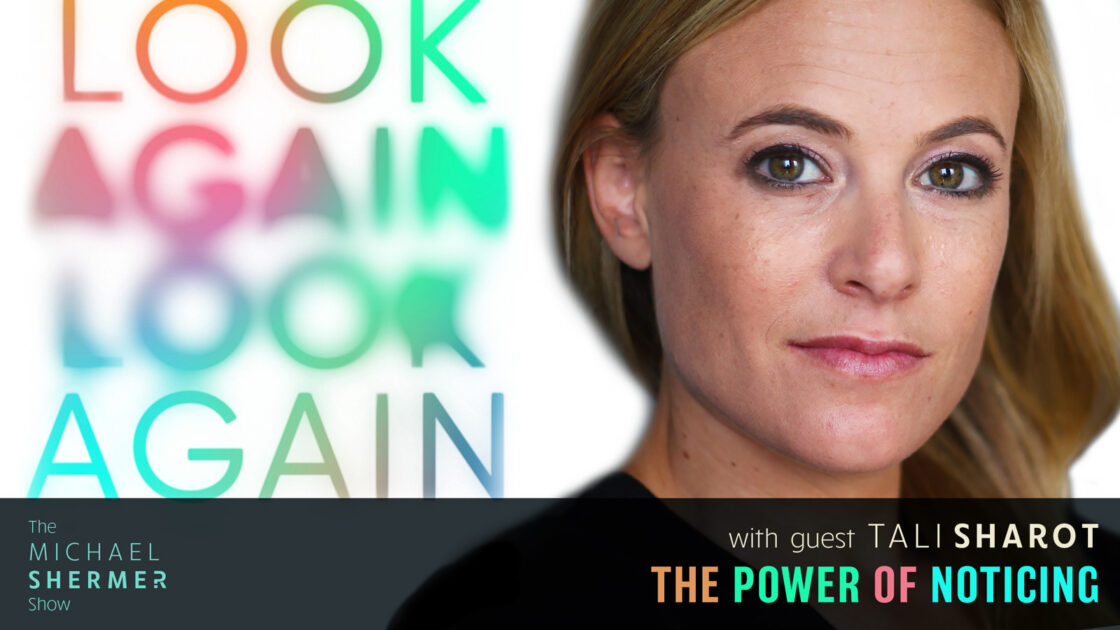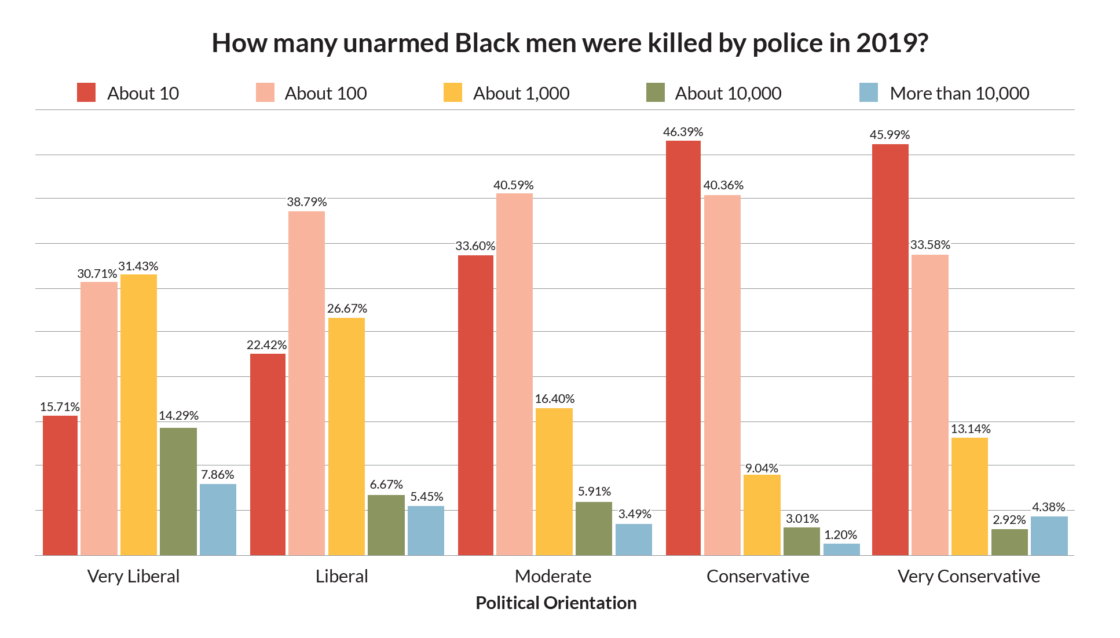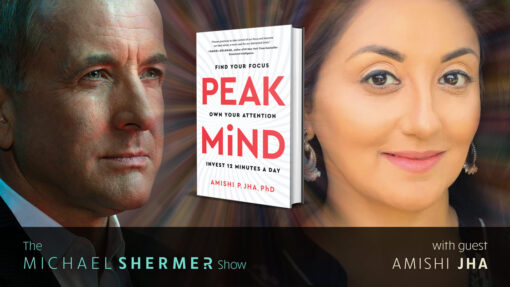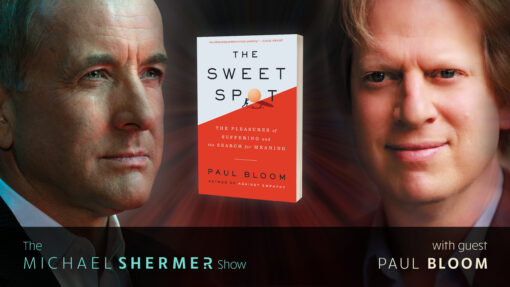negativity bias

Shermer and Sharot discuss: the best day of her life • the evolutionary origins of habituation • habituation at work, at home, and in the bedroom • Why don’t we habituate to extreme pain? • marriage, romance, monogamy, infidelity • depression • depression, happiness, and variety • negativity nias • creativity and habituation disruption • lying and misinformation • illusory truth effect • truth bias • moral progress • preference falsification • pluralistic ignorance.

Everyone knows that race relations in America have a long and troubled history. By some measures race relations are very good, with polls showing that people are more tolerant of racial diversity today than they were decades ago. But by other measures it would seem race matters are more disconcerting than ever. In this analysis Chris Ferguson attributes the troubling events of recent years to the news media and how they create a social narrative driving the decline of race…

“How can we save the world from stories?” Michael Shermer speaks with Jonathan Gottschall about The Story Paradox: How Our Love of Storytelling Builds Societies and Tears Them Down. Gottschall reveals why our biggest asset has become our greatest threat, and what, if anything, can be done.
“How can we save the world from stories?” Michael Shermer speaks with Jonathan Gottschall about The Story Paradox: How Our Love of Storytelling Builds Societies and Tears Them Down. Gottschall reveals why our biggest asset has become our greatest threat, and what, if anything, can be done.

In episode 232, Michael Shermer speaks with neuroscientist and professor of psychology, Amishi Jha, about how to achieve Peak Mind, based on her book Peak Mind: Find Your Focus, Own Your Attention, Invest 12 Minutes a Day.
In episode 232, Michael Shermer speaks with neuroscientist and professor of psychology, Amishi Jha, about how to achieve Peak Mind, based on her book Peak Mind: Find Your Focus, Own Your Attention, Invest 12 Minutes a Day.

Why do we so often seek out physical pain and emotional turmoil? In episode 223, Michael Shermer speaks with professor of psychology Paul Bloom about the pleasures of suffering and the meaning of life, based on his book The Sweet Spot: The Pleasures of Suffering and the Search for Meaning.
Why do we so often seek out physical pain and emotional turmoil? In episode 223, Michael Shermer speaks with professor of psychology Paul Bloom about the pleasures of suffering and the meaning of life, based on his book The Sweet Spot: The Pleasures of Suffering and the Search for Meaning.

In Science Salon 149, the last of 2020, Dr. Michael Shermer reflects on the many issues we have witnessed this year: Black Live Matter, class conflicts, income inequality, lack of education, anti-Semitism, far-left illiberalism, far-right xenophobia and bigotry, and religious indoctrination. He then reads an expanded version of his essay The After Time: The Future of Civilization After COVID-19.
In Science Salon 149, the last of 2020, Dr. Michael Shermer reflects on the many issues we have witnessed this year: Black Live Matter, class conflicts, income inequality, lack of education, anti-Semitism, far-left illiberalism, far-right xenophobia and bigotry, and religious indoctrination. He then reads an expanded version of his essay The After Time: The Future of Civilization After COVID-19.
Dr. Michael Shermer considers the pitfalls of projecting the consequences of the pandemic for our future (the availability heuristic, the negativity bias, the difficulties of superforecasting, and the contingent nature of history). PLUS: In Science Salon # 131, Michael Shermer speaks with Stuart Ritchie his book Science Fictions: How Fraud, Bias, Negligence, and Hype Undermine the Search for Truth.

In this article, originally published in Quillette on Halloween, October 31, 2019, Dr. Shermer argues that patternicity, agenticity, pessimism, the negativity bias, and the Second Law of Thermodynamics provides a deeper explanation for why conspiracy theories are so popular and enduring. The article is based on Dr. Shermer’s new course from Audible and The Teaching Company on Conspiracies and Conspiracy Theories.
In Science Salon # 90 Michael Shermer speaks with world renowned biological anthropologist Mel Konner who examines the nature of human nature, including (and especially) in his new book on the nature of religiosity. PLUS: In an article originally published in Quillette on Halloween, October 31, 2019, Dr. Shermer argues that patternicity, agenticity, pessimism, the negativity bias, and the Second Law of Thermodynamics provides a deeper explanation for why conspiracy theories are so popular and enduring. The article is based…
In this week’s eSkeptic: Scientific American: Why Worldview Threats Undermine Evidence; Edge Question: What Scientific Term Ought to be More Widely Known?; Science Salon This Sunday: Gary Taubes—The Case Against Sugar.















